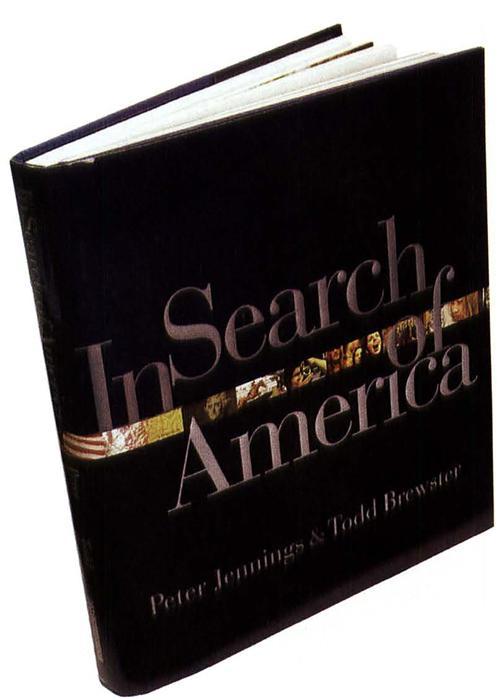Sign up for the Family Tree Newsletter Plus, you’ll receive our 10 Essential Genealogy Research Forms PDF as a special thank you!
Get Your Free Genealogy Forms
"*" indicates required fields

So here was our experiment: become reacquainted with the principles of the American founding and the men who presented them back in the turbulent days of the 18th century; then go out and look about us for evidence in this America of the country they so long ago established. We discovered that the foundations laid back then and built upon in the 225 or so years since still form the essence of the American identity. The America of Jefferson and Madison, Hamilton and Franklin, Washington and Adams is as alive now as ever before.
To become reacquainted with the founders was, for us, its own reward. Like so many others, we had come to regard them in the form of caricature, on the one hand raised up by the myths of the uncritical biography (one thinks of Parson Weems’ myth-ridden biography of Washington) and, on the other, just as ceremoniously torn down by the debunking screed. The trend of the past few years has been a somewhat cynical one, dismissive of the glorification of the founders as if the recognition of their achievement was little more than an exercise in American self-congratulation. But we discovered that, as with most subjects, the truth lies somewhere between competing extremes, and it is this: America was founded by a collection of astonishingly brave, talented, brilliant, creative and committed men who, despite their exemplary qualities, were also very human and, therefore, flawed. They are not to be seen as a collection of gods, looked upon with reverence and fear (nor would they have wanted us to see them that way), but as the initiators of a governmental framework remarkable in its fairness and adaptability, in its respect for life and human dignity, and in the value it puts on the fulfillment of the human spirit.
The founders meant that framework to be handed down like a precious family heirloom, to be reinterpreted when needed from one era to the next, while always holding on to its essential qualities. And our discovery is that, to a degree that surprised us, it has. Americans do not form a race, in the way that the Germans or the Japanese do, but they do form a people, united around a set of ideas that the founders made concrete in the form of America’s defining institutions and documents. Those ideas are only most directly confronted in political argument. Indeed, they reach deep into the fabric of the American life, informing the way that Americans raise their children, speak their language, pursue their professions, pray to their God (or choose not to pray to any God), conduct their leisure, play their games, even the way they make each other laugh.
We wondered at first how long all the new post-Sept. 11 patriotic fervor would last in this new, 21st-century America; then, reflecting on the words of a 19th-century American mourning the passage of Thomas Jefferson and John Adams and with them the last vestiges of the revolutionary generation, we recognized how important the patriotic exercise was to American life, how essential it was for all Americans to listen for the ring of old formative truths: “The Republic will cease to be,” offered the eulogist, “when it ceases to remember, to revere, and to imitate the virtues of its founders.”
From the February 2003 issue of Family Tree Magazine.
ADVERTISEMENT

